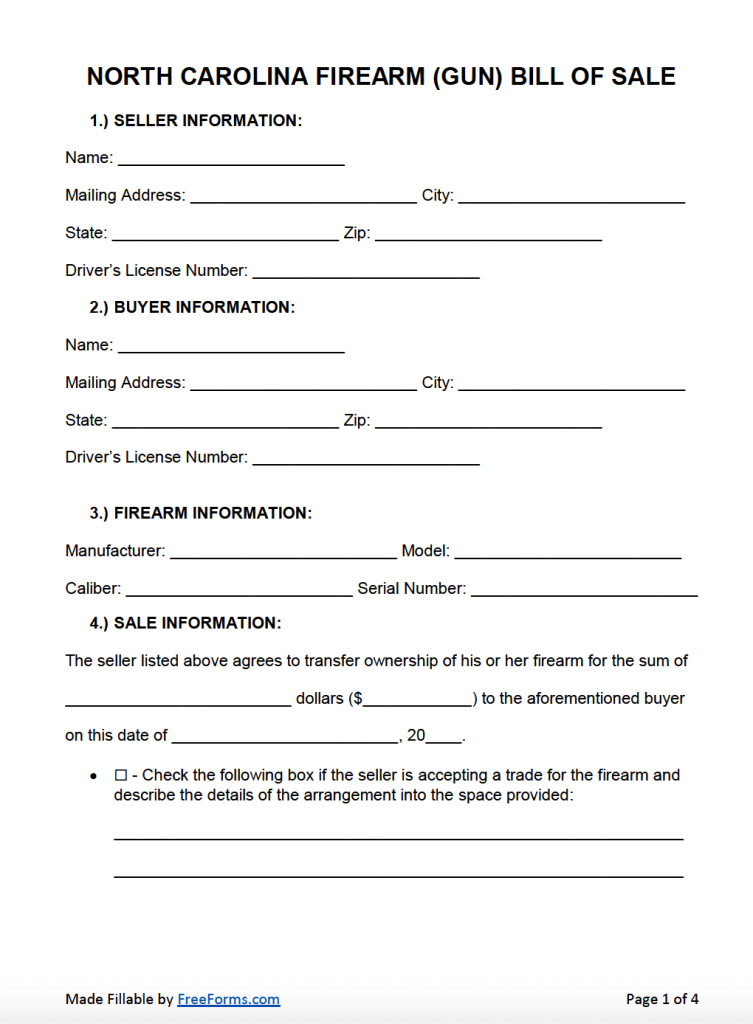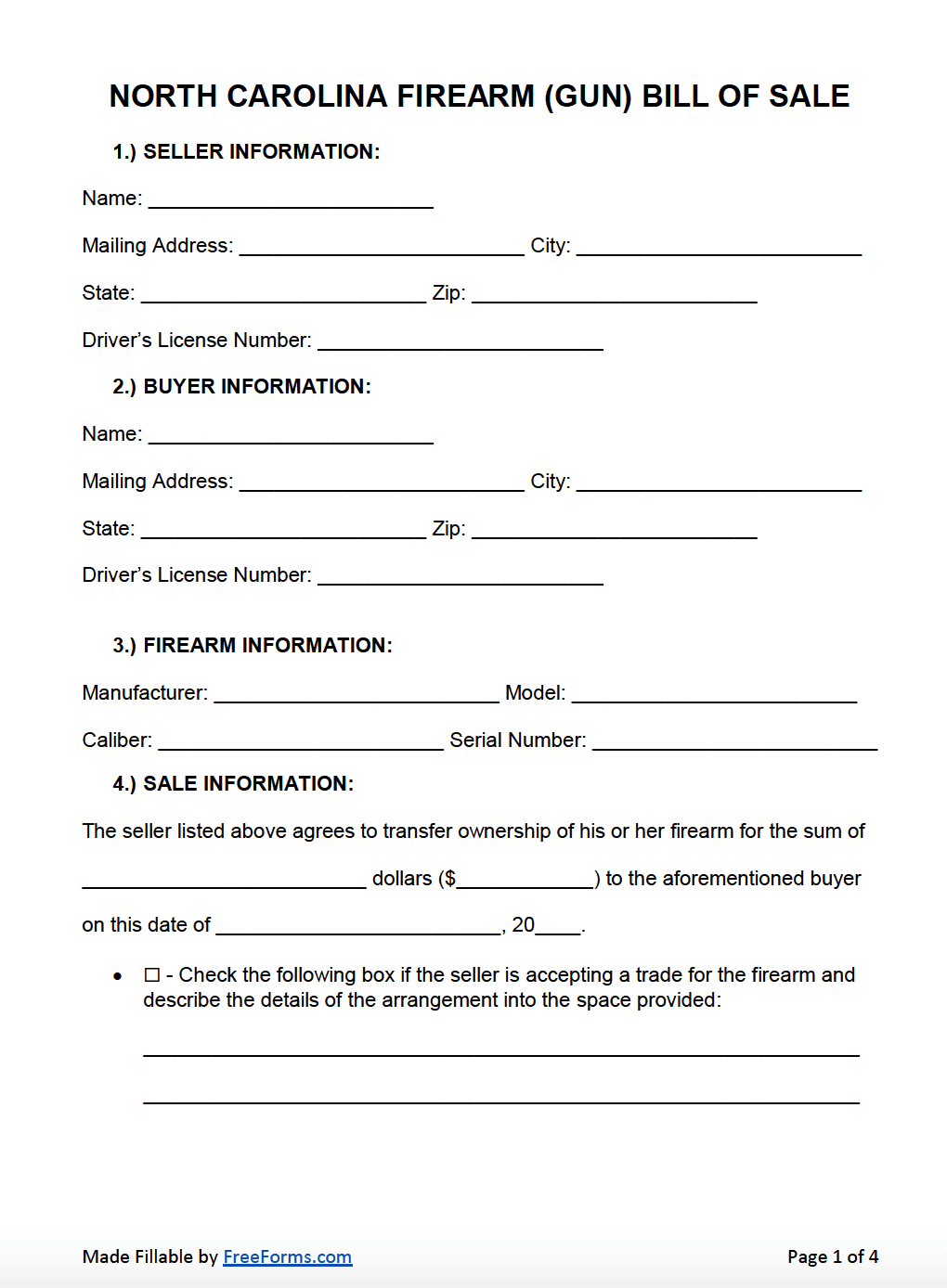How to Register a Gun
Although you will not be prompted to register a firearm once it is attained in the state of North Carolina, to procure a new or used handgun from a dealer or private party will demand that you first secure a Pistol Purchase Permit. Should you already have a Concealed Carry Permit, you may utilize this in place of the Pistol Purchase Permit. Background checks are required for both permits and once either permit is obtained, the required NICS background check will be waived when buying the gun through a federally licensed firearm dealer or private sale (NC General Statutes Article 52A, § 14-402). State law does not stipulate a stance against openly carrying a long gun. However, many local municipalities have rules that must be abided by depending on the town or city you are in. To carry a handgun, however, openly or concealed, will demand that an individual get hold of a Concealed Carry Permit.
How to Obtain a Concealed Carry Permit
To qualify for a North Carolina Concealed Carry Permit, you must be aged 21 or older, have resided in the state for at least 30 days, and meet the requirements for criminal background and mental health, as the state and federal authorities deem necessary. You must also complete an 8-hour firearm competency course or have sufficient documentation to prove your past or current training with law enforcement or the armed forces. This permit also provides for travel with a concealed weapon within states allowing reciprocity.
To apply for a North Carolina Concealed Carry Permit, bring the following paperwork to your local sheriff’s office:
- A filled North Carolina Application for Permit to Purchase a Handgun (Form SBI-CHP-5-16).
- A certificate of completion of a firearms safety program from a state-approved instructor.
- Proof of citizenship via a U.S. Passport or other supporting document proving legal naturalization or residency.
- A valid North Carolina driver’s license or identification card (must have the current address listed on the ID).
- Two fingerprint identification cards (taken on-site at the sheriff’s office).
- Acceptable form of payment for all fees, including the $95 application fee (call your county sheriff’s office to determine accepted payment forms before arriving).
Concealed Carry Permits are valid for five years before needing to be renewed. Upon submission of your application, approval can take 60 to 90 days before you will receive notice of your permit status. If you do not hear back after 90 days, you may contact your county sheriff’s office to inquire about the permit’s progress.



